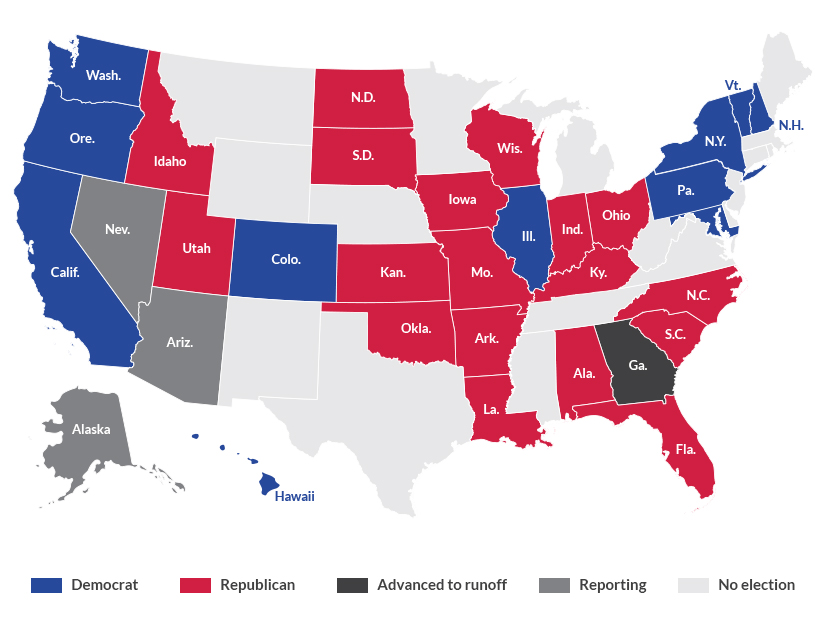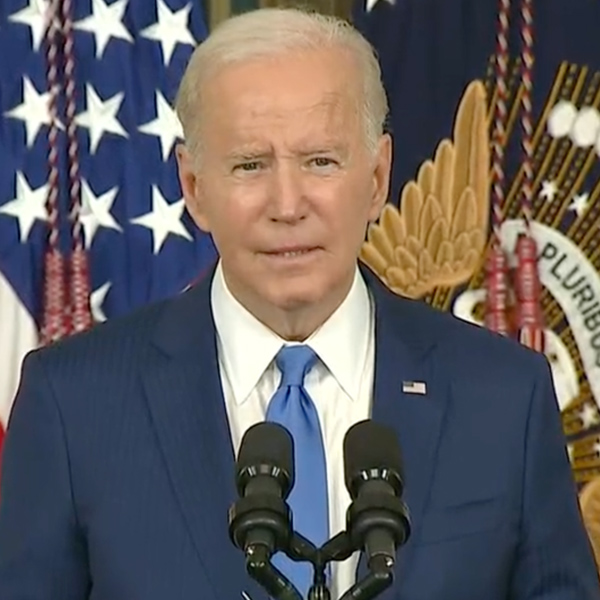
With what is shaping up as a thin majority in the House of Representatives, Republicans may not be able to repeal the Inflation Reduction Act, but they will be able to hold oversight hearings and grill Biden administration officials on any perceived missteps or failures in the law’s implementation, industry analysts said Wednesday.
With the IRA’s $369 billion in clean energy tax credits, incentives and other funding to be distributed, the question is not if, but when such hearings will come, said Abigail Ross Hopper, CEO of the Solar Energy Industries Association, speaking at a post-election webinar sponsored by the Policy Resolution Group at Bracewell LLP.
The industry trade group has “been talking a lot … about ensuring that the processes we go through, the way the monies and tax credits and eligibility [are] defined and applied is transparent and fair and in line with the intent of Congress,” Hopper said. “So, when there are oversight committee hearings, the solar industry or the storage industry, the clean energy industry will be managing those in an appropriate way.”
What the election outcomes might augur for the U.S. clean energy transition, President Biden’s domestic agenda and the political landscape in general were top of mind for Hopper and the lineup of industry analysts and experts speaking at the webinar.
As of Wednesday evening, Republicans had a solid 207 seats in the House versus 189 for the Democrats, according to The New York Times, while the Senate was split 48 to 48. Republicans need 218 seats for control of the House.
Key Senate races in Arizona, Georgia and Nevada are still undecided, but Democrats were hopeful of holding onto the majority there.
Republicans will claim a 49th seat in Alaska, where incumbent Republican Lisa Murkowski was trailing Republican Kelly Tshibaka 44%-43% with three-quarters of the votes counted. Democrat Pat Chesbro was out of the running at 10%.
In Arizona, incumbent Democrat Mark Kelly led Republican Blake Masters 51%-47% with two-thirds of the votes counted. In Nevada, Democratic incumbent Catherine Cortez Masto was trailing Republican Adam Laxalt 50%-47% with 77% of votes in. Both Democrats currently serve on the Energy and Natural Resources Committee.
The Georgia race between incumbent Raphael Warnock (D) and Republican Herschel Walker is headed to a runoff after neither candidate cleared 50%.
 President Biden said the election results were “a good day … for democracy.” | C-SPAN
President Biden said the election results were “a good day … for democracy.” | C-SPAN
Speaking at the White House Wednesday afternoon, Biden called the election a “victory for democracy,” citing the record number of young voters who participated to voice their concerns about reproductive rights and the climate crisis. While acknowledging that every Democratic loss is painful, he said in general, Democrats still made a strong showing, in Congress and in governor’s races.
He also acknowledged the frustrations of many voters but said Americans would be seeing the positive impacts of laws like the Infrastructure Investment and Jobs Act and the Inflation Reduction Act in the early months of next year.
The failure of an expected “red wave” of voters to sweep strong Republican majorities into both houses of Congress — and losses for some GOP candidates backed by former President Donald Trump — provided relief for the Democrats and energy policy, said Scott Segal, partner and co-head at the Policy Resolution Group.
“I want people to understand that simply because we will have or we are likely to have divided government with one house at least being Republican controlled, does not mean that we should put all considerations of energy issues on the back shelf,” Segal said.
“Energy issues often have a regional component to them that is over and above the mere partisan politics,” he said. “There is a long and proud tradition of energy and environmental statutes being adopted by a divided government because of the relative balance and leverage that occurs between the entities. … Removing obstacles to energy development, [which] both parties tend to desire, is something that could be the basis of bipartisan advancement.”
The Specter of Solyndra
But the fate of the IRA, and the likelihood of oversight hearings inevitably raises the specter of Solyndra, Segal said. The solar startup, known for its unique tubular technology, received $535 million in federal loans in 2009 and went bankrupt two years later, triggering a series of congressional oversight hearings, which some congressional Republicans continue to evoke to this day.
Hopper acknowledged the risk but said, “Our industry is much more mature, and the technology is more mature; the financing structures are more mature. That sort of broad base of customer support and business demand for our products is greater,” she said.
Still, Hopper said, the best antidote for risk is “transparent, objective criteria for grantmaking, for eligibility requirements.” The immediate challenge for the Biden administration is to get out the rules and guidelines for the IRA’s billions in clean energy tax credits and incentives, she said.
“The best thing we can do … to ensure the continuation of the IRA is to have projects on the ground, jobs being created, tax revenue happening, local politicians seeing evidence of growth in their local communities” she said. “We can’t do that until we know the rules of the road, and so we need this administration to do that.”
On the industry side, Hopper said, SEIA is ramping up its consumer protection initiatives to ensure homeowners understand the law’s tax credits for residential solar.
“We’re putting that on steroids,” she said. “We want to make sure that as money and opportunity [are] flowing, that consumers are going in with eyes wide open. These are great opportunities for homeowners to make choices about their energy use, but they need to be informed choices.”



